“Life is lived forwards but understood backwards” (Søren Kierkegaard)
Is System 1 vs System 2 (conflated with emotion vs reason and implicit vs explicit) the right metaphor for market research and does it capture the most important differences in human decision-making? Perhaps there is a more useful split between decisions that are primarily “habitual” and those that are “improvised”?
Counter-intuitively, the decisions that are the most improvised may be those that are most important. In Misbehaving, Richard Thaler introduces the Binmore Continuum and the concept of “low stakes” decisions. Binmore argued that behavioural economics thinking is relevant for supermarket purchases which are low cost and regular, whereas it is not for less regular and more expensive purchases, such as cars, which are “high stakes” and more likely to be decided rationally, deliberately and hence correctly.
Thaler flips this thinking around. He starts by listing products based on their frequency of purchase. For example, you might choose lunch or coffee every day, milk or bread twice a week, shirts a few times each year and cars, homes, career choices and spouses less often. He argues that we are more likely to get “low stakes” decisions right because we make them so often and get regular feedback which means that we have many opportunities to learn. However, “high stakes” decisions give us very few and sometimes no opportunities to learn as we make them so infrequently and sometimes only once in our life.
Many “small stakes” decisions become habits which are automated by Kahneman’s System 1. They are not “thoughtless”, as they have been fine-tuned by multiple opportunities to learn and refine them. In contrast, “large stakes” decisions are more difficult because we have no previous experience or learning to draw on. They have to be improvised (and are therefore more prone to error).
Kahneman and Tversky believed that we make up (improvise) preferences all the time. We make sense of the world retrospectively. We do not plan and then act. We act first and then explain. For example, if there happens to be a Starbucks on your way to work, you are likely to end up going there more often than other chains. As a result, you will “decide” that you like Starbucks (and why wouldn’t you, as the coffee must be reasonably OK if you keep going back). This is a good example of “satisficing” rather than maximizing or optimizing your choice.
Peter Kellner (from YouGov) once wrote, “What seems to have gone wrong is that people have said one thing and then they did another in the ballot box”. He reveals that there is a difference between what we might “plan” to do, and what we actually do. Of course, once we can later “explain” our actions and the reasons for them. In reality, we are retrospectively making sense.
Nick Chater argues that the mind improvises all the time, and then invents beliefs and desires to explain those actions. This happens in a very fluid and fragmentary way, often involving contradictions. The main purpose of much of this improvising is to make our thoughts and behaviour as coherent as possible. We make sense retrospectively in order to “stay in character”. The unfolding of life is much like the unfolding of a novel, with beliefs, values and actions generated in the moment.
In the flow of experience, most of our decisions are either automatic and habitual or improvised on the fly. And like the best jazz musicians, we improvise best when our habits are the result of repeated practice. To understand behaviour and decision-making, we need to focus on how people deal with repeated situations versus new challenges:
- What are the existing habits and rituals they already follow? (looking backwards)
- What are the important triggers and heuristics associated with a context and goal? (looking forwards)
We all live our lives forwards and explain our behaviour backwards. Perhaps this is a better way for market researchers to think too?
REFERENCES
The Mind Is Flat by Nick Chater
Sensemaking by Christian Madsbjerg
Thinking, Fast and Slow by Daniel Kahneman
Misbehaving: The Making of Behavioural Economics by Richard Thaler
[Acknowledgement: The image at the top of this article is called “Improv” and was sourced from Deliberations Online on 29 December 2018 .]
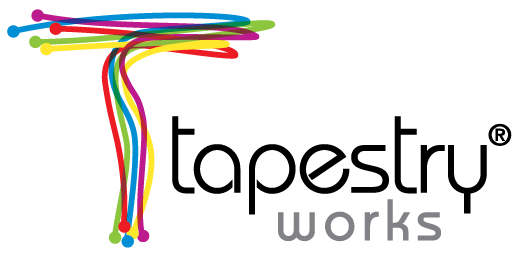

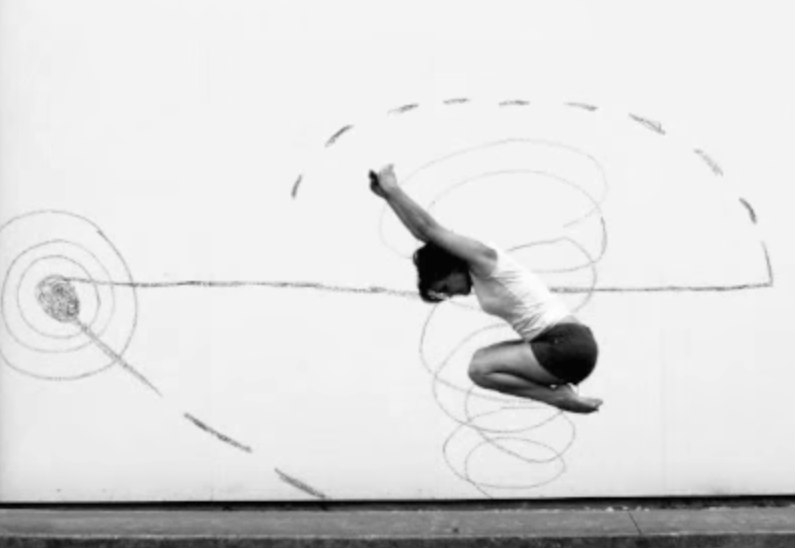
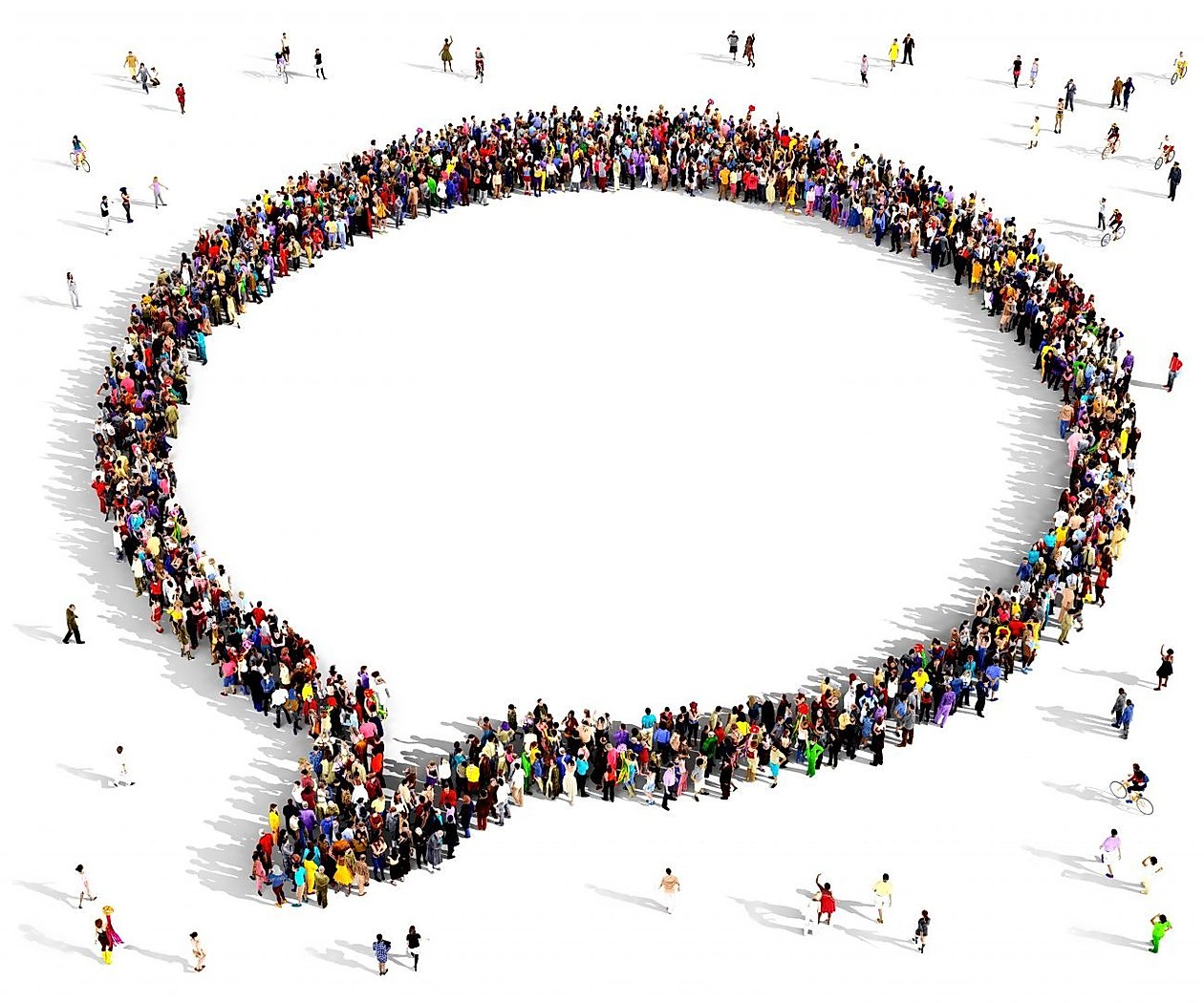
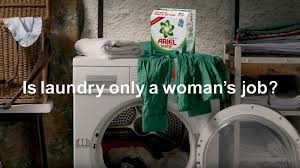
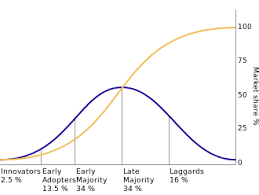

David Thomson
I agree. Habit and improvisation is a much more appropriate way of putting it. Describing them as System 1 and System 2 is wrong anyway, as there are no such clearly defined systems; just sets of systems with certain commonalities. For further discussion, check out Evans, J, St.B. T. & Stanovich, K.E. (2013). Dual-process theories of higher cognition: Advancing the debate. Perspectives on Psychological Science, 8(3), 223 – 241).
neilgains
David
Thanks for your comment and happy you agree that this is a more useful analogy. The systems are more of a continuum than a binary division, and much of our knowledge and decision-making is outside consciousness. Market research is still mostly failing to address this fundamental issue and focusing too much on “System 2”.
All the best,
Neil